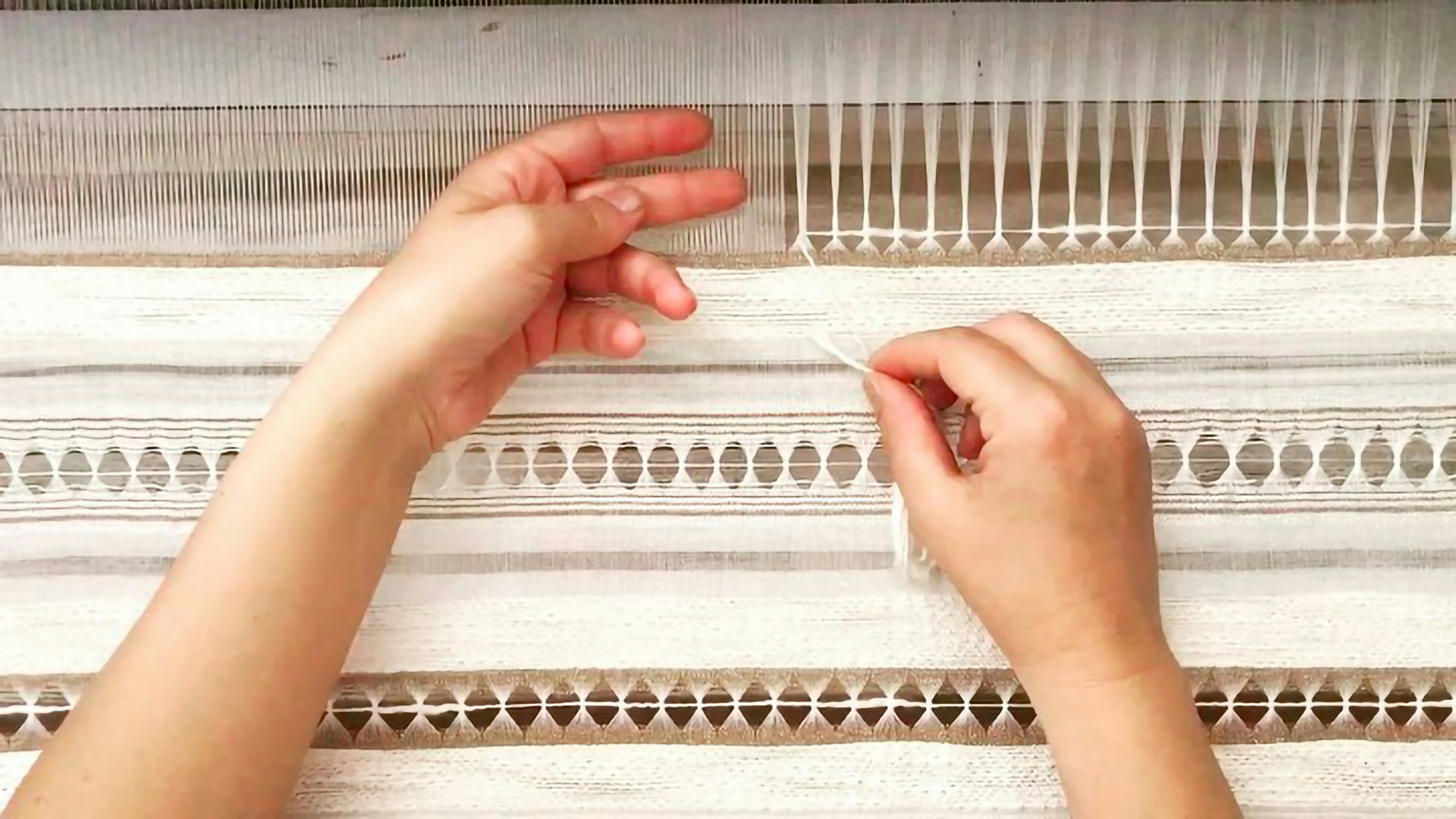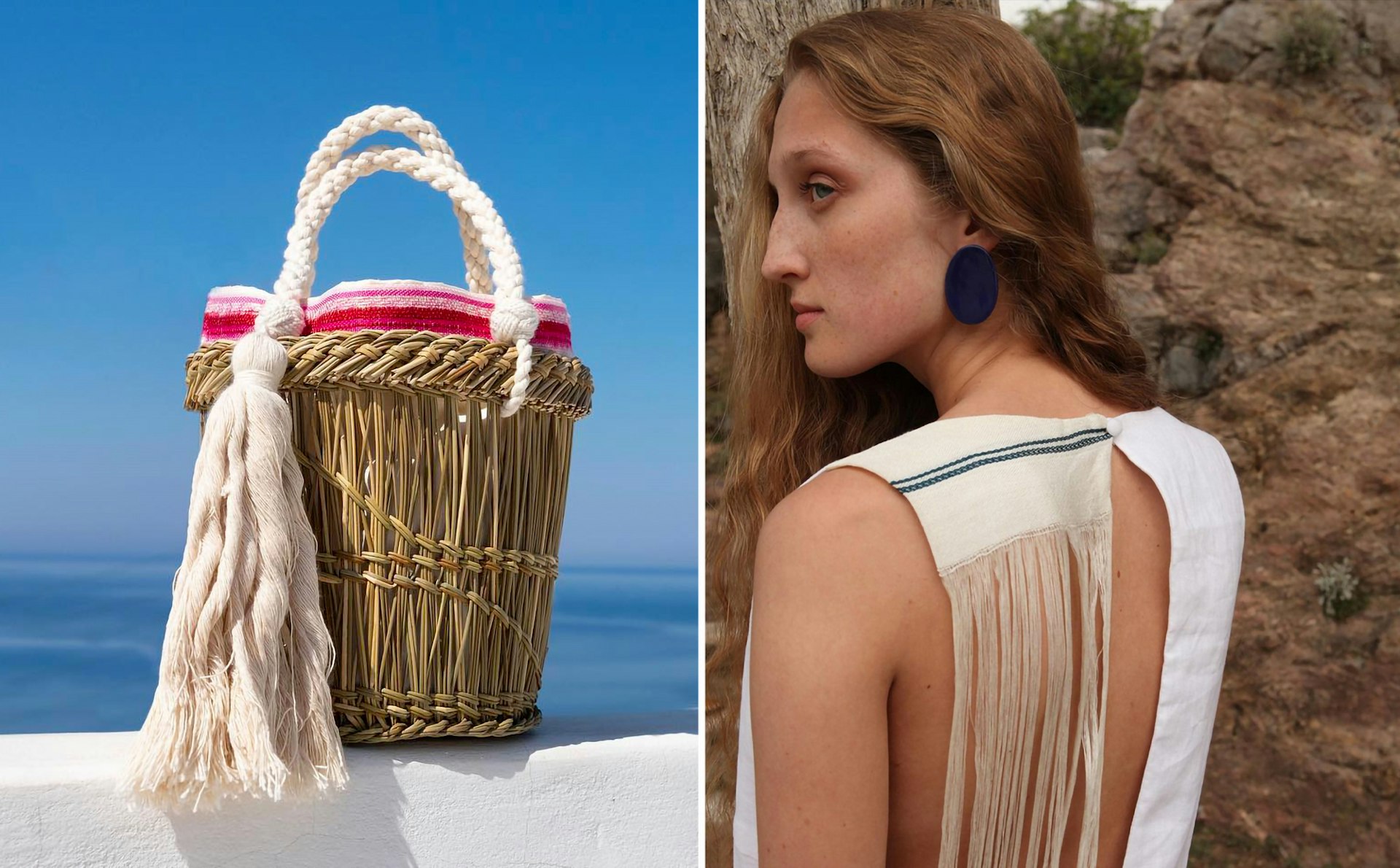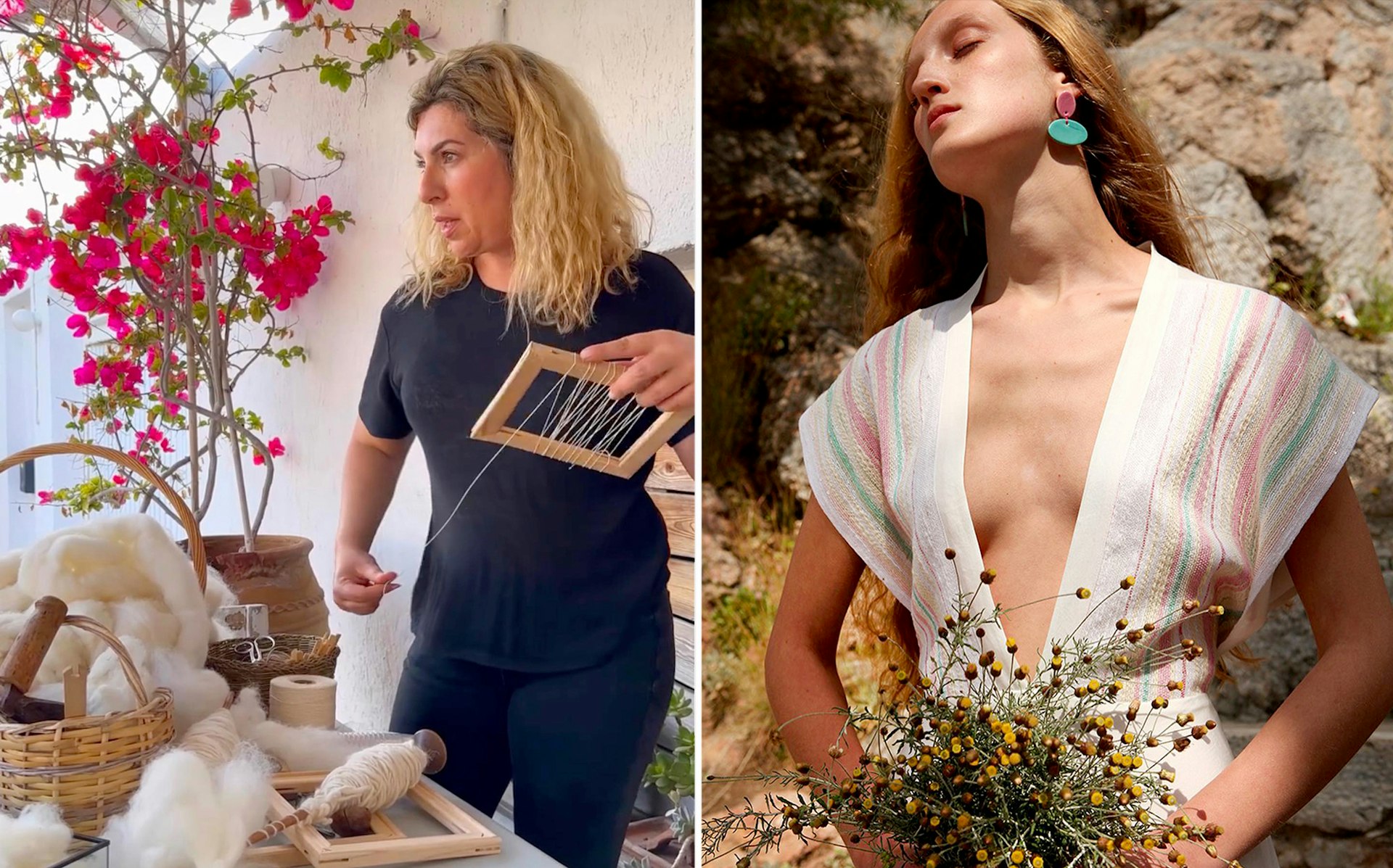Lonely Planet’s People You Meet series profiles people we think you should meet on your journey – those who make lasting impressions and help you connect more deeply with the destination.
No fan of following convention, Mykonos-based designer Faye Chatzi set out to carve her own niche in the fashion world. Born in Naples to Greek parents, she returned to Greece to complete schooling, yet maintained an international outlook, visiting her father in Europe during school holidays.
Her exposure to fashion capitals such as Milan and Paris triggered her interest in design. From a young age, she could be found knitting and drawing.
“But I didn’t feel challenged enough,” she says.“I needed to be pushed further.” When she was 22, after spending time on the islands of Paros and Crete Chatzi landed on Mykonos, where she started waitressing. The island soon stole her heart. She became a guard at the stunning archeological site of nearby Delos, using her foreign-language skills to interact with tourists. Her time on this ancient island surrounded by the elements helped to cement her love of nature – and she’s never looked back.
“Despite Mykonos’ hedonistic reputation, I sensed a hidden natural energy, beyond the island’s surface glamour, not experienced anywhere else in Greece. I decided to stay and connect with it, to see how this could guide any future design work and nurture my talents.”
Kickstarting a sustainable-fashion venture
A downside to life on a Greek island, even an internationally renowned one such as Mykonos, was the lack of a school for design. The upside? Chatzi had to teach herself. “Yes, it’s a longer process – but good because I had no other influences. I could create my designs in my own way.”
She drew inspiration from Greece’s Easter holidays – a time of huge celebration in the country but a sad one for Chatzi. Her in-laws would shear their sheep in preparation; hating seeing the wool go to waste, she vowed to find a way to spin it for use in her designs. In turn, local elderly ladies who were expert weavers marveled at her natural talent. One even gifted her an ancient loom.

“As weaving is a tradition dating back thousands of years in Greece, I’m proud of my Greek heritage and was excited to keep it alive in an ancient way,” Chatzi says. “The minute I sat for the first time at my loom, no one needed to teach me. It came naturally. I felt so at home.” Today, she makes everything on this traditional device, finishing each piece by hand rather than electric sewing machine.
In 2019, to explore how silk is made, Chatzi persuaded the faculty at Athens University of Agriculture to give her discarded silkworms that would otherwise have become fish bait. She has since been producing raw silk to incorporate into her various designs, respecting the worms’ life cycle.
“Most traditional designers dissolve them in boiling water once the worms start pupating in their cocoons. I prefer to raise them and leave them to complete their life cycle, and become a chrysalis/butterfly, before collecting their silk.” Amazingly, a single worm can spin from up to 2500m (8200m) silk.

What inspires Chatzi’s creations
“I love being around nature and the Greek islands. I find being by the sea is gentle for the soul, and proud of my heritage,” Chatzi says. “The ancient Greek heroines also inspire me. I use their designs with a modern-day twist for my accessories such as the tagari” – a traditional wool shoulder bag with tassels (€570).
Chatzi spent many hours spinning lambswool into shawls (€620) before developing a full collection (t-shirts from €45; shirts and dresses from €220). This investment in time has paid off, though it’s not financial gain that motivates her. She’s happy in her part of the island with her sheep, raising her worms and being surrounded by nature – and by helping visitors to the island appreciate something new.
A visit to her atelier shows how old traditions live on, and how there’s a lot happening on Mykonos beyond the beach clubs.
Faye Chatzi’s atelier is opposite the Despotika Hotel on a small road heading out of Mykonos Town. View her collection on Instagram.
